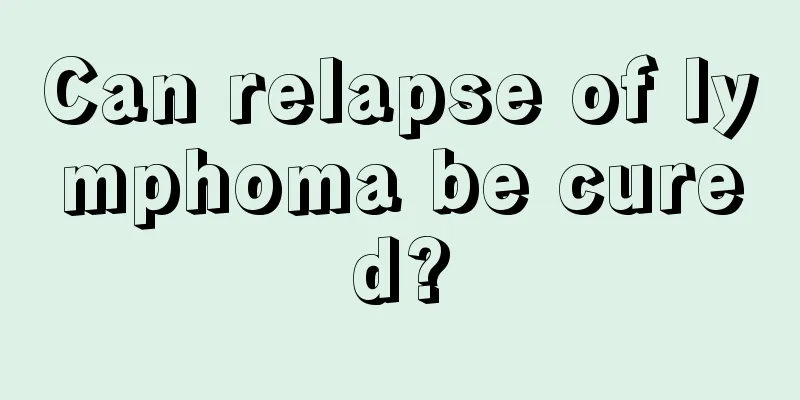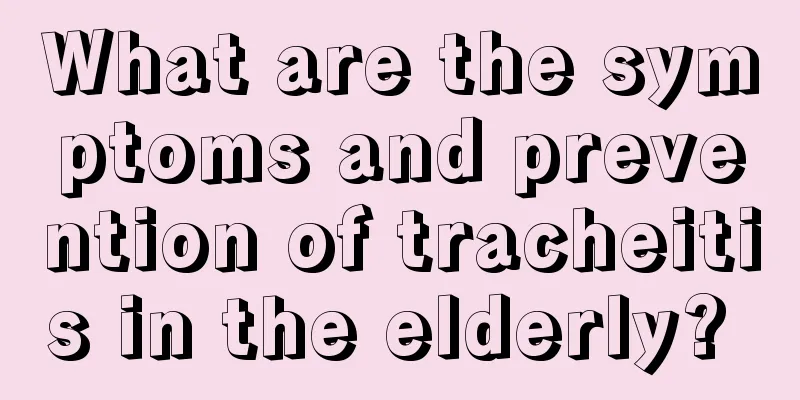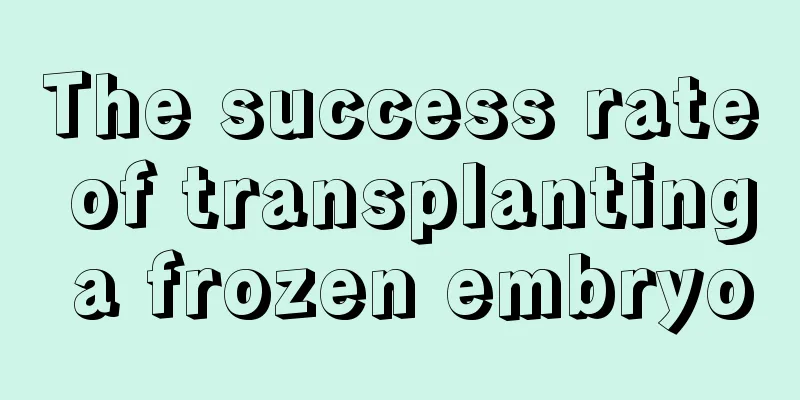Is placenta storage useful?

|
Placenta storage is a very new name now, but many people will preserve it over time. This is everyone's need, and the purpose is different. The placenta is mainly responsible for maintaining the normal life system characteristics of others, so the placenta is very important to the fetus's body. After the baby is born, the placenta will face different endings, so each region will have different treatment methods. Is it necessary to store the placenta? What special substances exist in the placenta? 1. The placenta is the life support system of the fetus. This disc of tissue, which is attached to the lining of the uterus on one side and to the umbilical cord on the other, develops from cells from the embryo, not from the mother. Sometimes it's called the afterbirth: it's removed after the baby is born and weighs about a pound, about one-sixth of the baby's body weight. It provides oxygen, nutrients, and waste disposal, acting as the lungs, liver, kidneys, and other internal organs until the fetus's own organs are developed. If something goes wrong with the placenta, it can have catastrophic consequences, including miscarriage, stillbirth, premature birth, low birth weight and pre-eclampsia, the last of which can cause the mother's blood pressure to rise, putting both the adult and the child at risk. A placenta that is too large or too small can be a sign of problems. In the past, after the baby was born, the placenta faced three possible outcomes: first, according to the customs of some places, the placenta would be buried under a tree; second, the placenta was considered a tonic and was often taken home by the mother to be cooked and eaten, and some were also made into placenta capsules; the third, the most common way, was to be directly discarded as waste, which was really regrettable. 2. Neonatal stem cells: a valuable medical resource Fortunately, the value of the placenta is increasingly being recognized, and more and more families choose to store it. When it comes to storing the placenta, what is actually stored are the stem cells in the placenta. The placenta contains both mesenchymal stem cells and hematopoietic stem cells. It is the only organ in the human body that contains a large number of both mesenchymal stem cells and hematopoietic stem cells. When placental mesenchymal stem cells are injected into the human body, they carry a large number of immune stabilizing factors throughout the body and get busy working to continuously repair the immune system. 3. The era of stem cell therapy has arrived We are in the midst of a revolutionary era in health and medicine. The development of stem cell technology represents an innovation on the same level as the discovery of antibiotics or the invention of modern medical imaging devices such as MRIs. Stem cells have fundamentally changed the form of medicine, extended human life, and saved countless lives that were desperate due to illness. Scientists have been studying stem cells for nearly half a century, and they have long discovered that these special cells can bring huge benefits to our bodies - from muscles to joints, from chronic diseases to the growth of teeth. |
<<: What is the knowledge content of tuberculosis prevention and control?
>>: What are the liver disease prevention and treatment guidelines?
Recommend
Is phosphate harmful to the human body?
Phosphate is a chemical substance that we often c...
What Chinese medicine is good for bathing
Traditional Chinese medicine is a summary of the ...
What are the side effects of formaldehyde
Formaldehyde is a harmful substance that everyone...
The scar is white in color
For some ambiguous girls, what they fear is that ...
What are the symptoms of mycoplasma and chlamydia infection
Mycoplasma and Chlamydia infection is a common pr...
Is it good to drink bottled mineral water for a long time?
Many people always think that tap water is unhygi...
Can nasopharyngeal carcinoma with lung metastasis be cured?
Can nasopharyngeal carcinoma with lung metastasis...
Pain in the right abdomen parallel to the navel
As we all know, the abdomen contains many organs....
What's going on with the purple blood vessels on my body
The phenomenon of purple body is very common. Exc...
What to do if a pimple breaks on its own
There are many types of acne. One type of acne st...
What are the methods of making lemon ginger enzyme
Today's society is a society that pays attent...
What are the complications after lung cancer brain metastasis? These symptoms need attention
When lung cancer patients have brain metastasis, ...
What kind of eyes are those with upturned corners
The shape of the eyes can bring about a great cha...
What is the hard lump inside the skin of the thyroid cancer incision?
The hard lump in the skin after thyroid cancer su...
Will overusing the brain lead to neurasthenia?
Neurasthenia is a disease that people often suffe...









